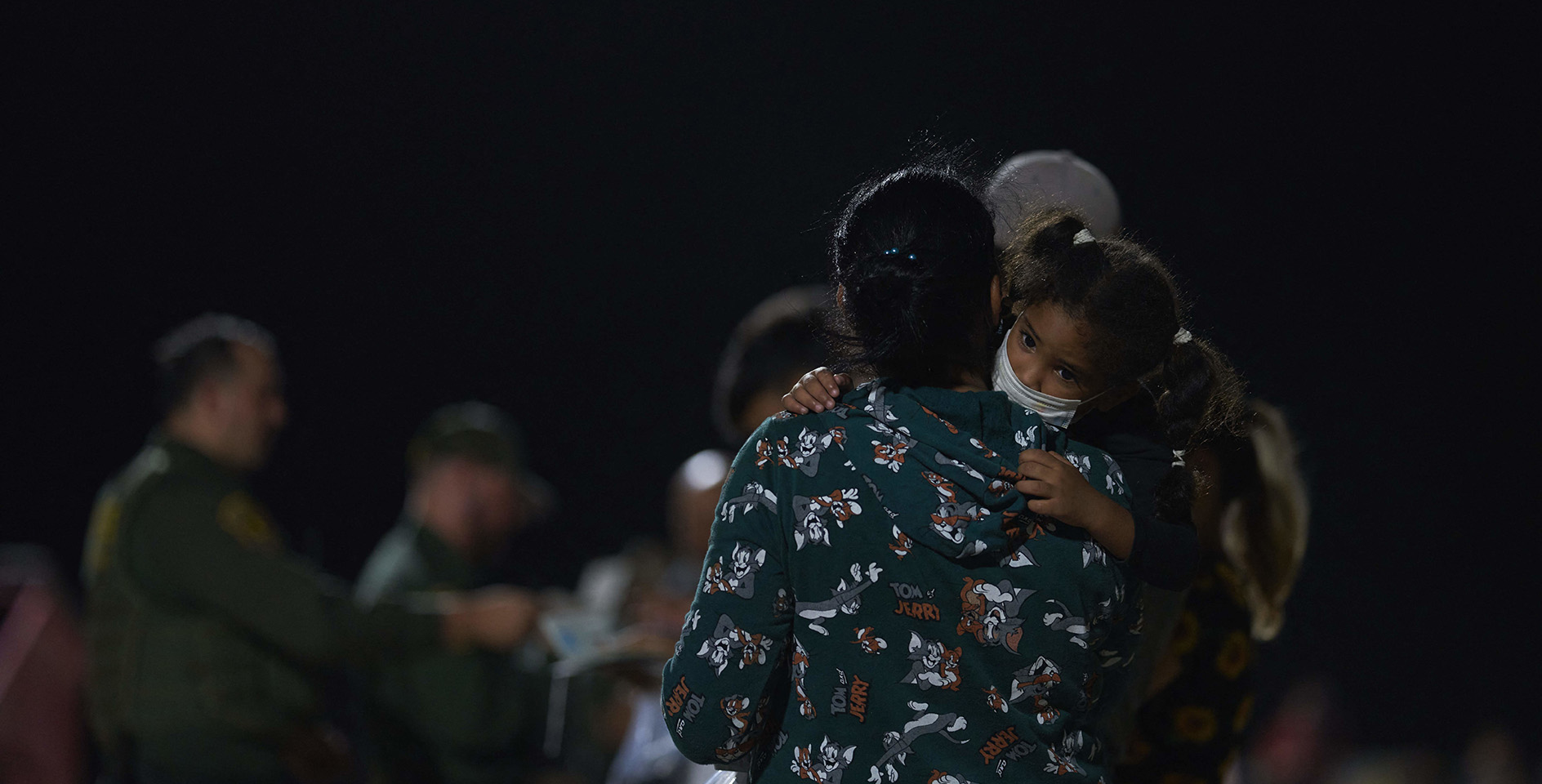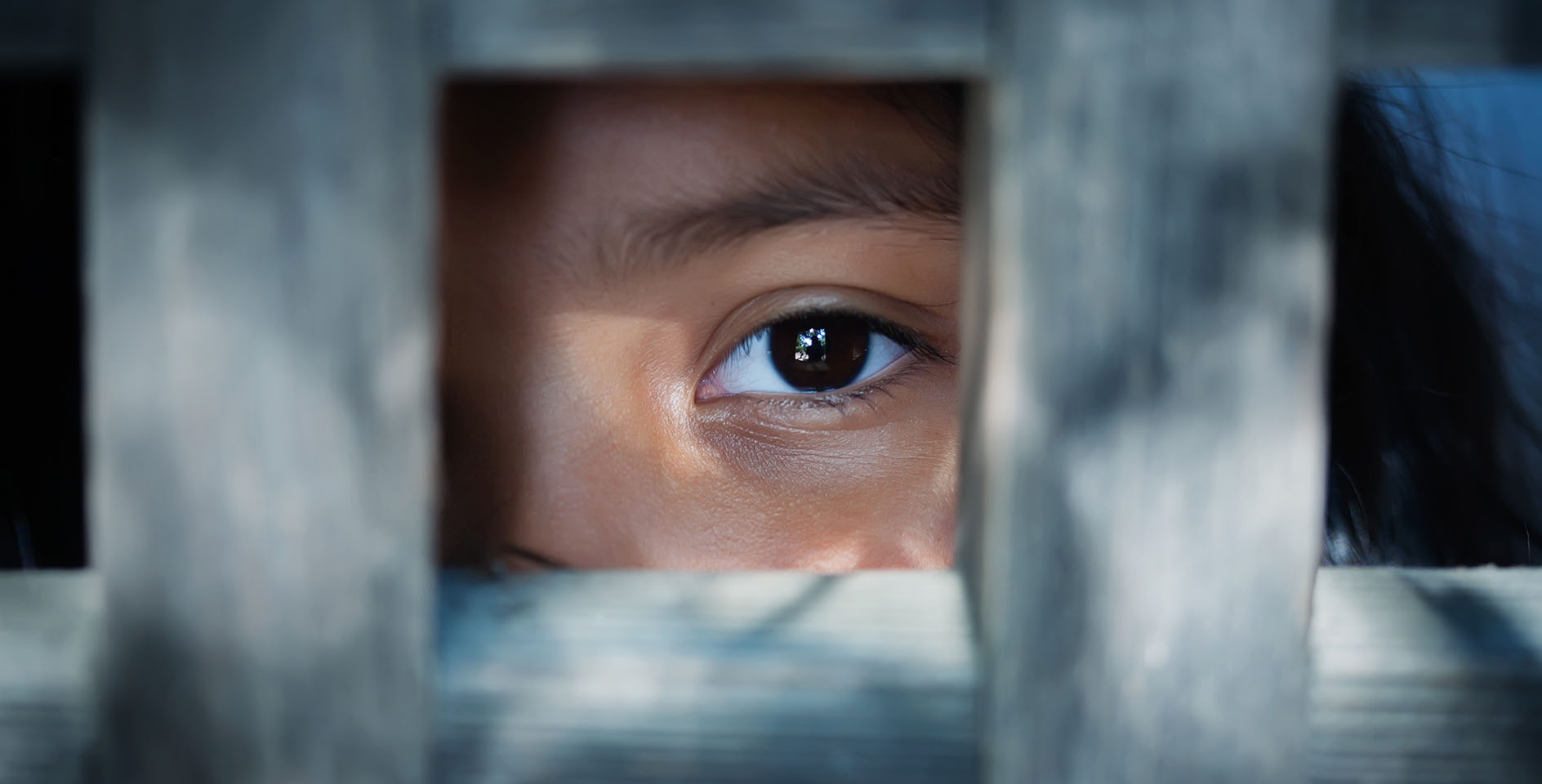This past week, I opened my computer and logged in to Facebook. I read an article about a recent shooting, scrolled past a post about a new virus, and read someone’s account of living with long COVID (long-term effects from the infection). Moving on to Twitter, I skimmed through a heated argument about the Dobbs decision, read news about famine and war, and saw several death announcements. I decided not to move on to Instagram.
I often feel heavy and overwhelmed after spending time online, and I know I’m not alone. Someone recently shared with me how much he had struggled after reading about the Ukraine war. He saw pictures of a family being separated and began to replay these images in his mind. Lying awake at night, he considered what he would do in a similar scenario.
Another person described her struggle with anxiety and racing thoughts. She had watched a video of a recent school shooting and couldn’t stop thinking about it. She worried about her own children. She grieved the children who were lost. The thoughts would not relent.
Constant online access has made us daily witnesses to the grief and trauma of millions of people. Each time we open our internet browsers, we encounter news that forces us to consider issues of political conflict, theological disagreement, global suffering, financial stress, illness, and war. Many people feel a sense of tension. We want to stay informed, but too much information can leave us weighed down with thoughts and emotions that feel too heavy to bear.
What should we do? Should we attempt to carry the sorrows and burdens of the world? Or should we distance ourselves from other peoples’ suffering to protect ourselves? Perhaps it is some of both.
Remember those who suffer
Scripture suggests there is something good and holy about remembering other peoples’ suffering, even when they are physically distant from us. Hebrews 13:3 tells us to “remember those in prison as if you were together with them in prison, and those who are mistreated as if you yourselves were suffering.” We honor people in their suffering by not forgetting about them. Instead of withdrawing from the world, we bear witness to other peoples’ pain and remember them in the same way we would want to be remembered in similar circumstances.
Remembering often awakens a sense of compassion, which often leads to a desire to act. It might lead us to pray, give money, volunteer, speak up, or push for change. These are all good things. But too much remembering can lead to racing thoughts and anxiety. Overextending compassion can result in compassion fatigue. Giving to the point of exhaustion can lead to burnout. Absorbing too many stories of other peoples’ trauma can result in secondary trauma. That feeling of tension remains.
Carry your own load
We can break out of this tension by balancing wisdom from Hebrews 13:3 with wisdom from Galatians 6:5. A few verses after we are told to carry other peoples’ burdens in Galatians 6:2, we are instructed to each carry our own load.
Recently, I realized that I was trying to carry someone else’s load. This person was experiencing a heavy struggle, and there were some practical ways I could help to carry her burdens. I could listen and ask good questions. I could sit with her in her grief. But I could not fix the problem. There was a depth to her emotional pain that I could not truly, fully understand. Aspects of her suffering could only be carried between her and God. I had to let go. I had to let her carry her own load.
As we are inundated with stories of global suffering, we may be tempted to carry loads that do not belong to us. We may hold on to a false sense of responsibility that leads us to overextend ourselves in our care and compassion for other people. We may attempt to fix problems and over identify with burdens that were never given to us to carry.
Cast your anxiety on the Lord
The other day, after I closed out of Facebook and Twitter and went to bed, my mind remained filled with thoughts about what I had just read. What if I also get long COVID? What do I think about this or that debate? How should I respond to this person or react to that cause?
Lying in bed, I used a strategy I often teach people who come to me for counseling. I closed my eyes and began to mentally list my concerns. I gave each concern a name and visualized myself writing it down on a slip of paper. The pandemic and fear of illness went on one slip. Images of hungry, displaced people went on another. A political post that frustrated me, a news article about a school shooting, and several death announcements each got a slip. I took each slip of paper and visualized myself placing them inside a box one at a time. I closed the box and remembered that God was right there with me. I handed him the box and prayed a short prayer, releasing my concerns to him.
In counseling, this strategy is called containment. In Scripture, we see this idea described in 1 Peter 5:7 as casting our anxieties on the Lord. It is a way to set aside thoughts, feelings, and images that feel upsetting or distressing so we can proceed with our day. The goal of containing our thoughts and giving them to God is not to ignore or downplay important issues. It isn’t being selfish, indifferent, or ignorant in the face of suffering. Instead, it is a way to accept God’s care for us. He invites us to trust him by releasing to him the fears, problems, and concerns we cannot solve.
What people, causes, local issues, and global concerns weigh on you today? Sit for a moment and honor those who suffer by remembering them. Perhaps choose one or two ways to carry someone else’s burdens. But then, let go. Carry your own load, and let your neighbor do the same. Release your anxieties to God. The world is not yours to carry.








